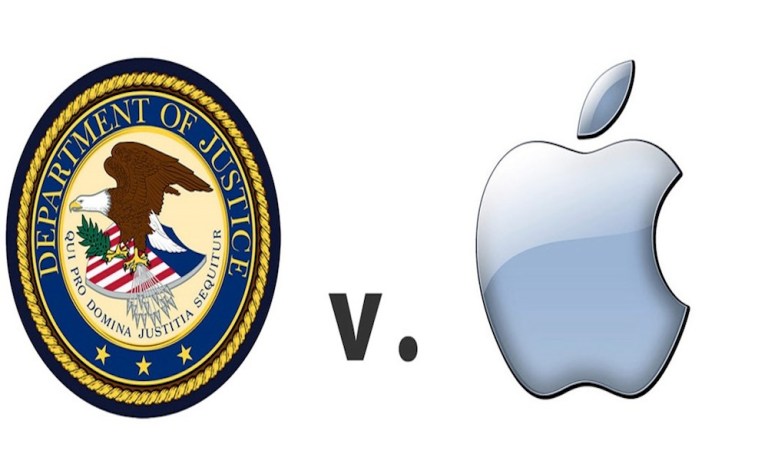According to the latest ruling from the 9th U.S. Circuit Court of Appeals, consumers who purchase apps through the iOS App Store may sue Apple over the allegation that the company has illegally monopolized the market for iPhone apps by not allowing users to purchase apps outside their official store. The court ruled that this practice may well have forced customers to pay higher prices than they otherwise would have had to.
The new ruling comes as part of a long-ranging drama over the topic — the case first hit in 2012 to fight Apple’s practice of only allowing iPhones to run apps purchased from its own App Store. A group of iPhone users sued, saying the Cupertino, California company’s practice was anticompetitive.
The counterargument from Apple was that the bringers of the suit lacked standing — because they purchased their apps from developers, and Apple is simply a landlord renting out space to their developers. Developers pay a cut of their revenues to Apple in exchange for the right to sell in the App Store.
A lower court bought that line of reasoning — the 9th circuit, not so much. Judge William A. Fletcher ruled that iPhone users purchase apps directly from Apple, which gives iPhone users the right to bring a legal challenge against Apple.
Apple declined to comment.
The courts have yet to address the substance of the iPhone users’ allegations, as it has taken some time to figure out if the parties can sue at all.
Advertisement: Scroll to Continue
If the legal challenge is successful, “the obvious solution is to compel Apple to let people shop for applications wherever they want, which would open the market and help lower prices,” Mark C. Rifkin, an attorney with Wolf Haldenstein Adler Freeman & Herz representing the group of iPhone users, told Reuters in an interview.
“The other alternative is for Apple to pay people damages for the higher-than-competitive prices they’ve had to pay historically because Apple has utilized its monopoly.”




